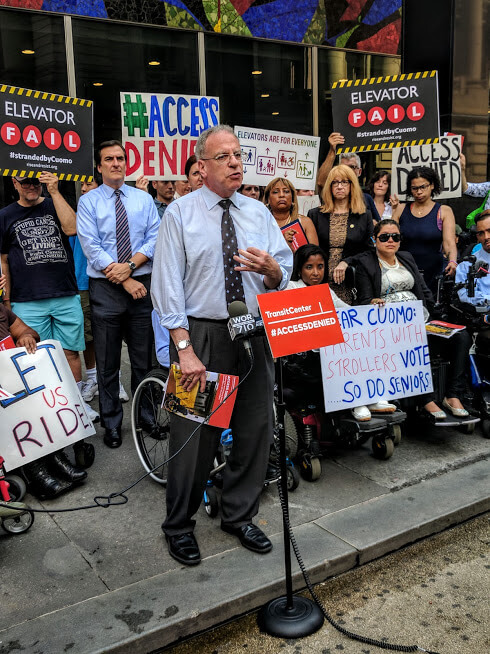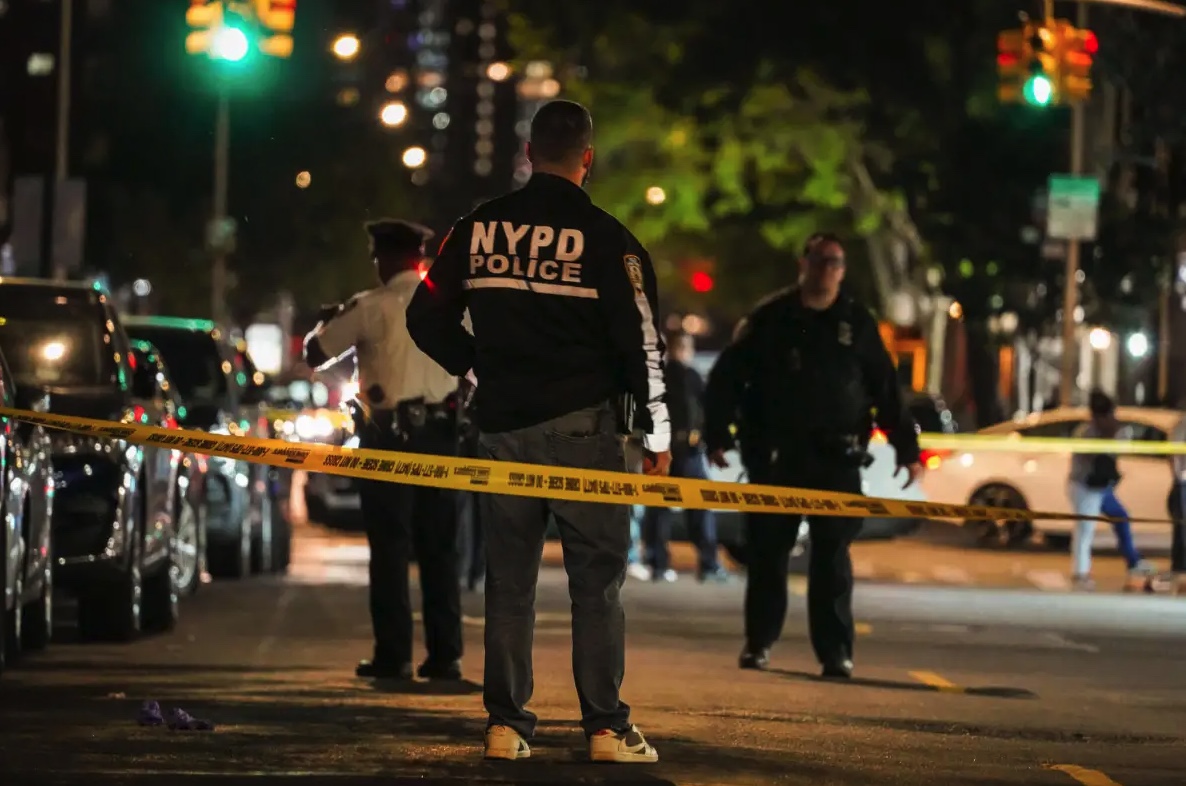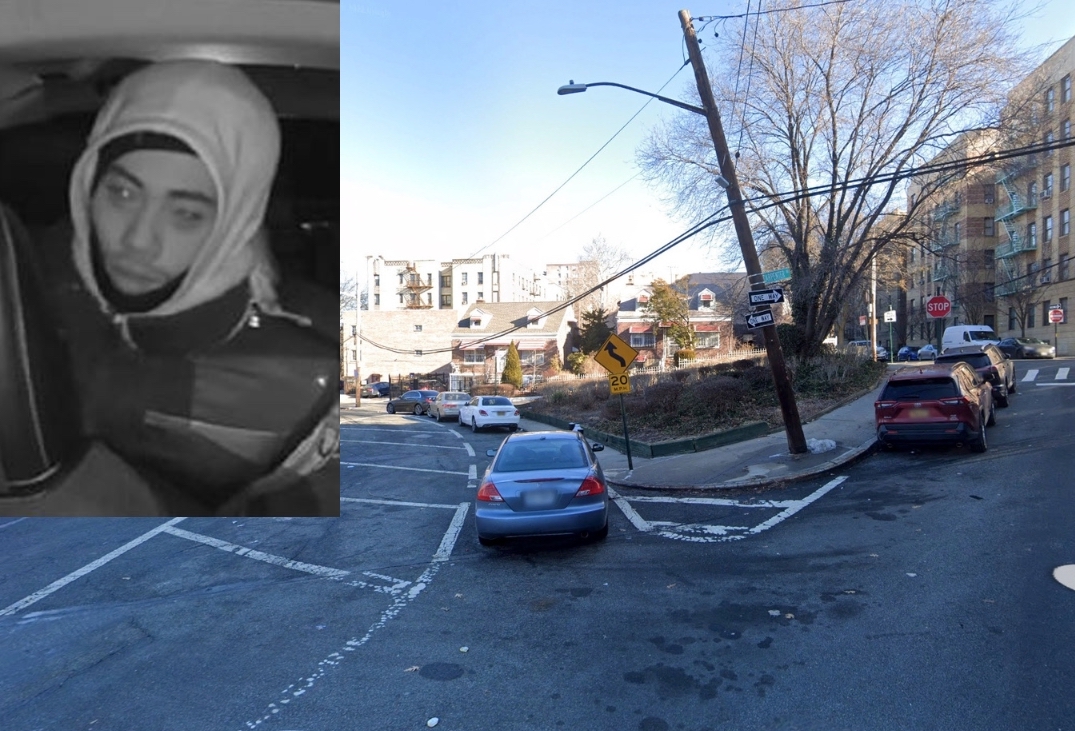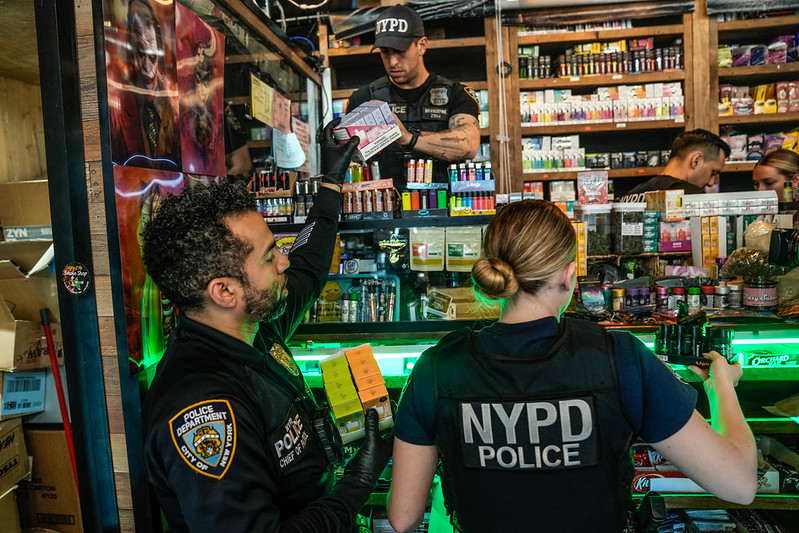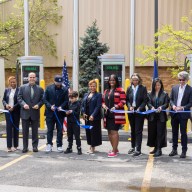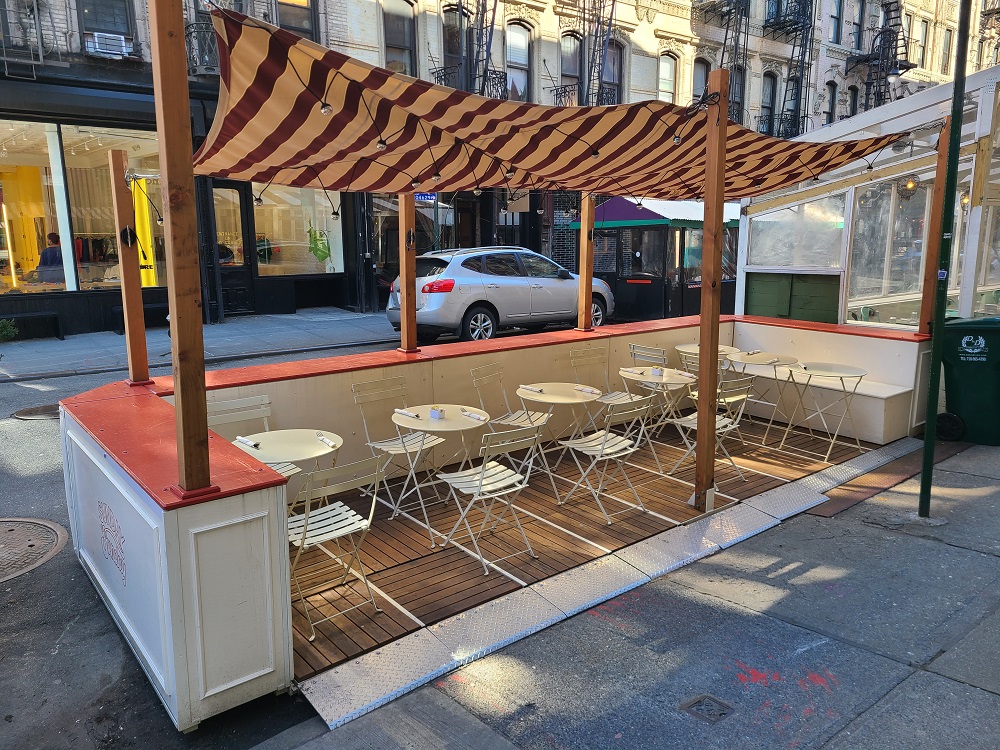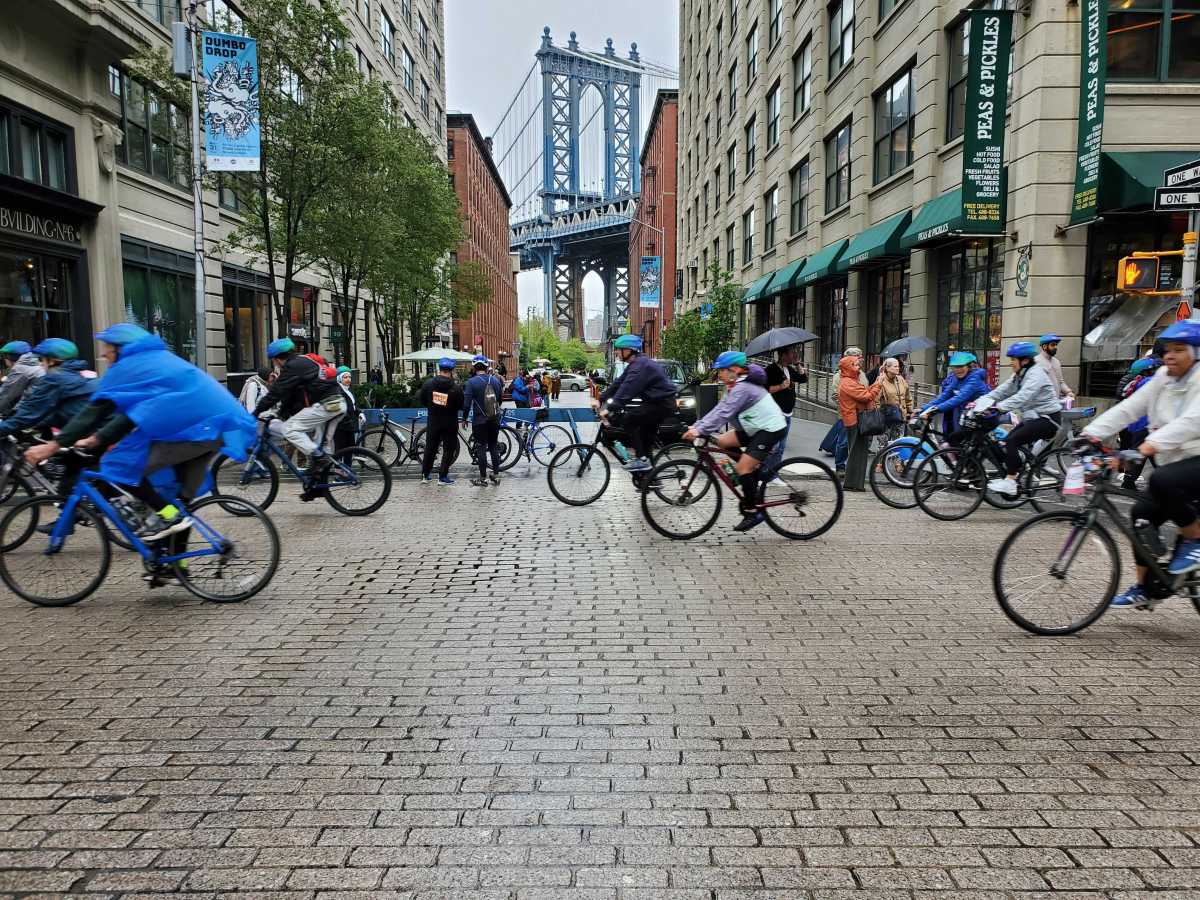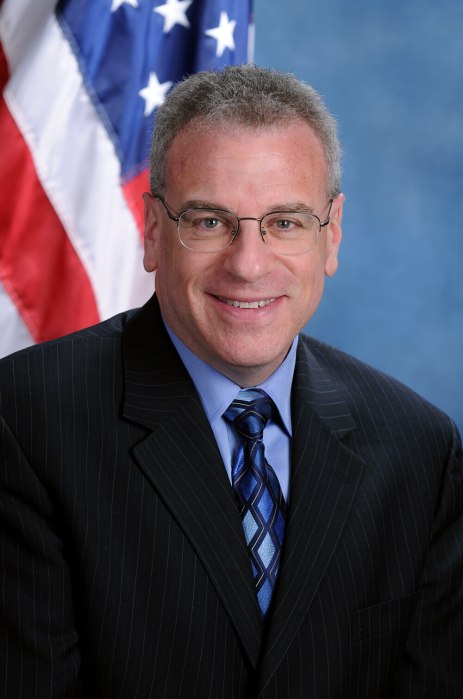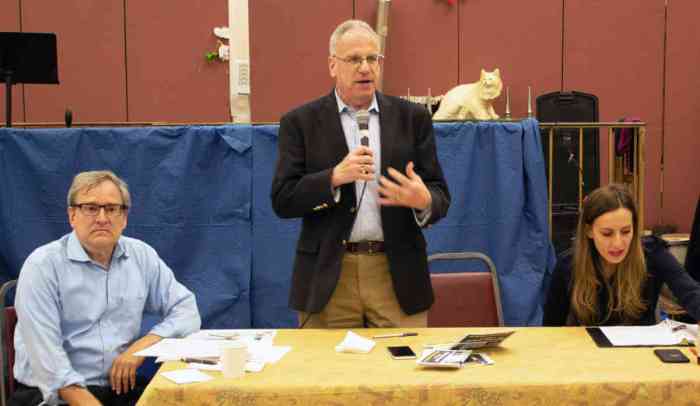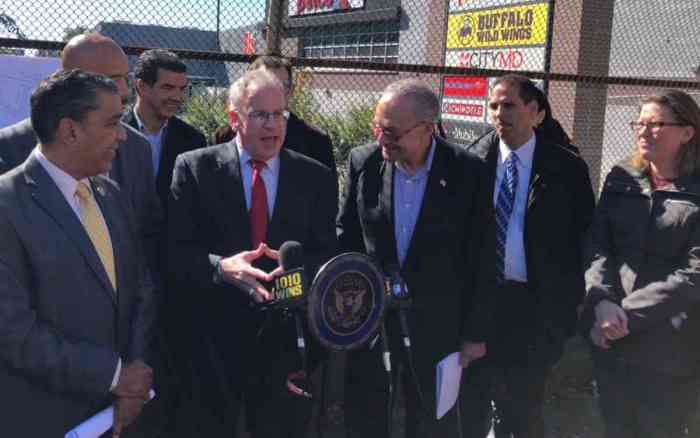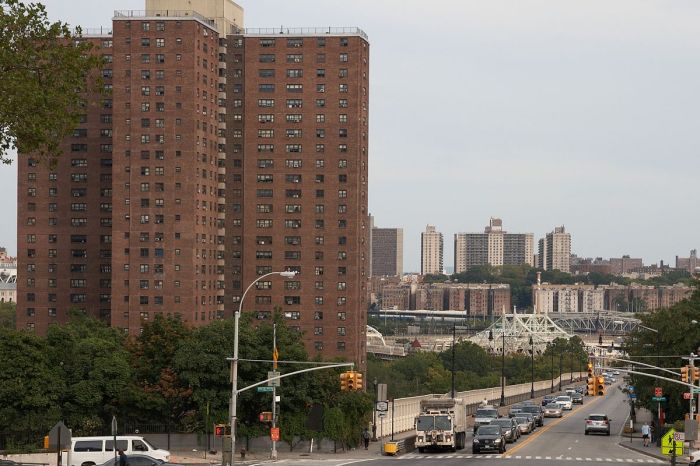The NYC Department of Homeless services appears to have reneged on a promise to not turn 4747 Bronx Blvd. into a homeless shelter, without so much as an email to local stakeholders.
In 2016, the city nixed plans to build a shelter for people with HIV after outcries from the public. However, according to Community Board 12 District Manager George Torres, a temporary shelter housing 150 men in a 92-room hotel opened up in that location on May 20.
Torres told the Bronx Times that Tonya Brown, who lives in the community, told him about it and he received no notification from DHS. Torres then contacted the agency, which confirmed the news.
According to Torres, CB 12 has four shelters and it was recently targeted for two additional 200 bed shelters — one at East 233rd Street and the other at Furman Avenue.
“DHS assured us that this site would not be used as a shelter and they lied, so I am not certain I can trust what they say,” Torres said.
According to DHS spokesman Isaac McGinn, as of this weekend, there are 9,000 individuals experiencing homelessness residing in commercial hotel settings, with that number increasing up to 10,000 by next week.
“At DHS, we’re continuing to implement tiered strategies and proactive initiatives to combat COVID-19, protect the New Yorkers who we serve, and ensure anyone who needs it is connected immediately to care or to isolation — and the use of commercial hotels is central to this work,” McGinn said. “Through these efforts, our essential staff has been able to help nearly 800 New Yorkers effectively isolate, resolve their conditions and depart isolation. At the same time, through these strategies, we have also proactively relocated and continue to proactively relocate thousands of individuals from targeted shelters to commercial hotel settings out of an abundance of caution, including seniors and single adults from larger congregate locations, who are not sick at this time.”
In response to DHS’ decision to create the temporary shelter, Assemblyman Jeffrey Dinowitz, Congressman Eliot Engel, Senator Jamaal Bailey, Councilman Andrew Cohen and Bronx Community Board 12 issued the following joint statement:
“We are outraged that the placement of homeless residents is being undertaken with such a callous disregard for the people involved. Our Wakefield community already carries a disproportionate share of our civic responsibility to take care of vulnerable populations, with several other DHS facilities in the immediate vicinity of 4747 Bronx Boulevard including a men’s shelter housing over a 100 residents at 4380 Bronx Boulevard and another planned facility at White Plains Road, all located within a one-mile radius.”
The group added, “Worse even than breaking their promise that they would not put another DHS facility at 4747 Bronx Boulevard is the fact that the city appears to be pushing this forward without so much as a courtesy notification to the people in this community. A rushed decision that disregards how people should be treated is not going to yield positive results for anyone involved – the community, the homeless residents, or our overall goal of placing people in long-term affordable housing.”
Dinowitz continued to express his frustrations. While he realizes there is a homeless problem citywide and knows people need places to stay during the pandemic, he condemns the lack of transparency from DHS.
The assemblyman stressed that after he and his colleagues fought in 2016 to not have a shelter there, he feels blindsided by this decision. Like Torres, he received no communication beforehand action took place.
“One of the most frustratingly consistent criticisms I have had of how the city has attempted to house the homeless is the horrendous communication and obfuscation from the city,” Dinowitz said. “The entire process seems designed to exclude the community from the decision making process, laying a foundation of distrust and resentment before anyone even moves in. In my numerous conversations about homeless shelters over the years, I have found that the overwhelming majority of people care about helping homeless individuals. What people don’t like is being lied to or ignored.”

